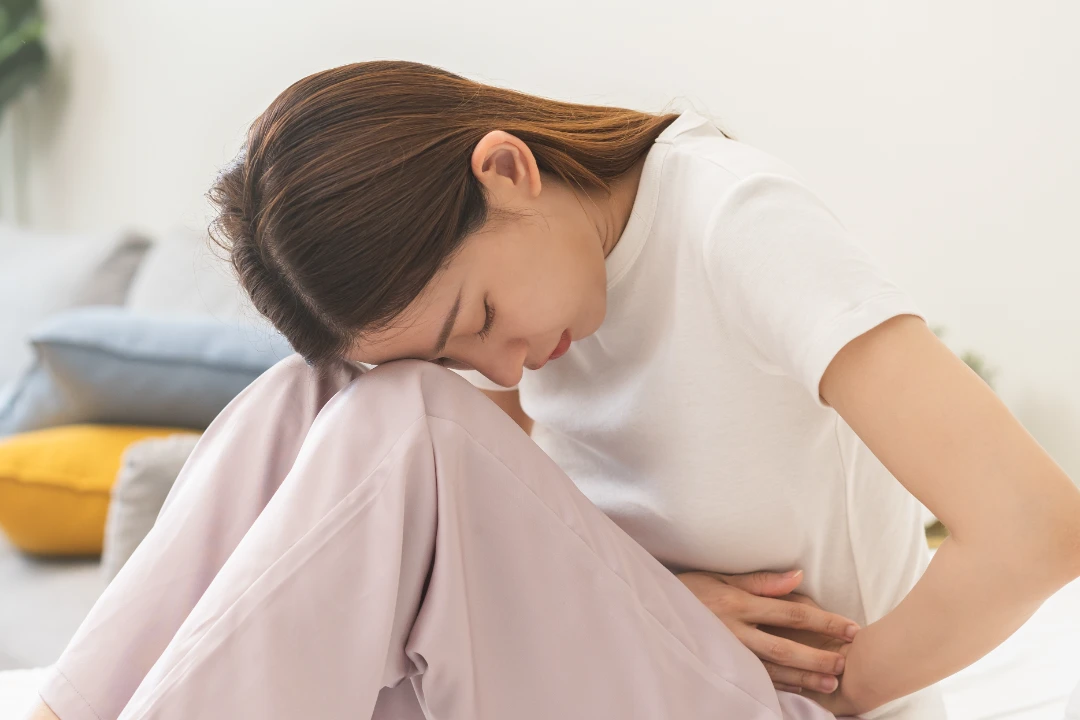Medical
Surgery (this has to be individualised on your condition)

Puberty or perimenopause
Being at the extreme ends of reproductive age can cause periods to be erratic due to transition.
Polycystic ovary syndrome (PCOS)
This is a condition with irregular periods, high male hormones and/or polycystic ovaries on ultrasound scan.
Thyroid or pituitary disorders
Too low (hypothyroid) or high thyroid hormones (hyperthyroid), too high prolactin (hyperprolactinemia), or medicines that can affect these can cause irregular periods.
Pelvic inflammatory disease (PID)
This is a condition where there is inflammation of a woman’s uterus, fallopian tubes and ovaries, usually caused by sexually transmitted infections (STIs).
Stress, anxiety
These emotions can upset your hormonal balance and result in irregular periods.
Extreme exercise
Exercising frequently and at a high intensity can cause irregular or even no periods.
Drastic weight changes
Being too underweight or overweight – be it from eating disorders, extreme exercise, illness etc – can cause irregular periods.
Birth control or hormone medications
Certain birth control methods can cause irregular periods e.g. intrauterine contraceptive devices (IUD), implanon, injections. Hormone medications such as Visanne (used to treat endometriosis) can also result in irregular periods.
Breastfeeding
Breastfeeding may cause irregular or no periods for up to 6 months, or longer in some cases.
After miscarriage/pregnancy loss
Some women may experience a few months of irregular periods before resuming their regular cycles.
Treatment depends on the cause for your irregular periods. Lifestyle changes may sometimes be sufficient. Treatment options may include hormonal medications such as birth control pills to regulate your periods. Discuss with your gynaecologist about the appropriate options for you.
Age
Being at the extreme ends of reproductive age (puberty and perimenopause) can cause periods to be erratic and light due to transition.
Weight and exercise
Having a low body mass index (BMI) with low body fat percentage, over-exercising or eating disorders can result in light or no periods.
Birth control
Some hormonal birth control methods can cause periods to be light e.g. Mirena IUD, Implanon, birth control pills, skin patch, vaginal ring, injections.
Polycystic ovary syndrome (PCOS)
Hormonal changes in PCOS can result in light, irregular periods or no periods at all.
Stress
This is an external factor that can influence your cycle hormones and cause periods to be irregular and/or light.
Scarring of the lining of the uterus (Asherman’s syndrome)
Scarring can be caused by previous surgeries including surgical abortions or dilation and curettage. The disturbance to the lining of the uterus results in light periods.
Pregnancy
Implantation bleeding (spotting that occurs when an embryo implants inside the uterus) can be mistaken as a light period.






Aster Gynaecology © | All Rights Reserved.